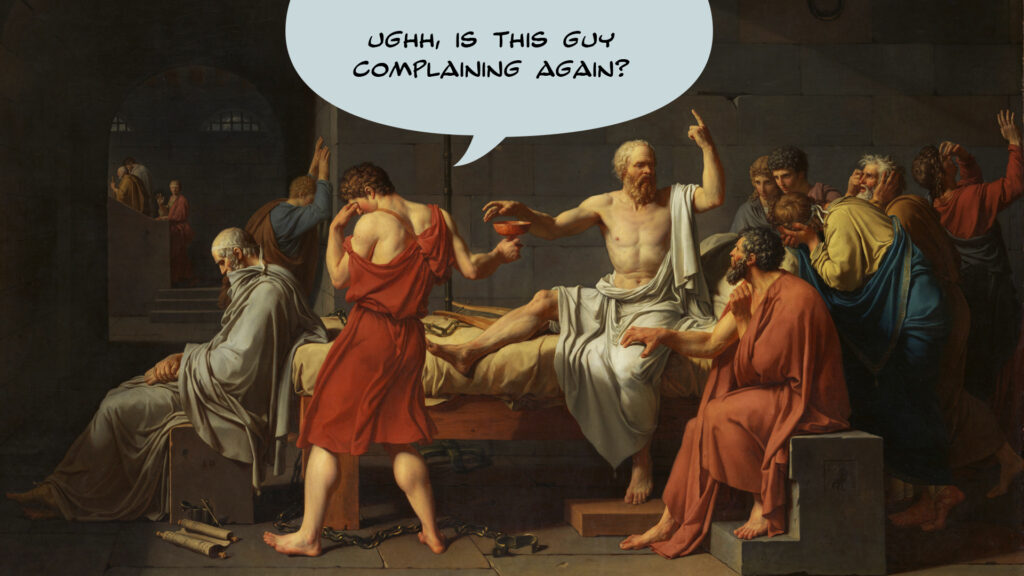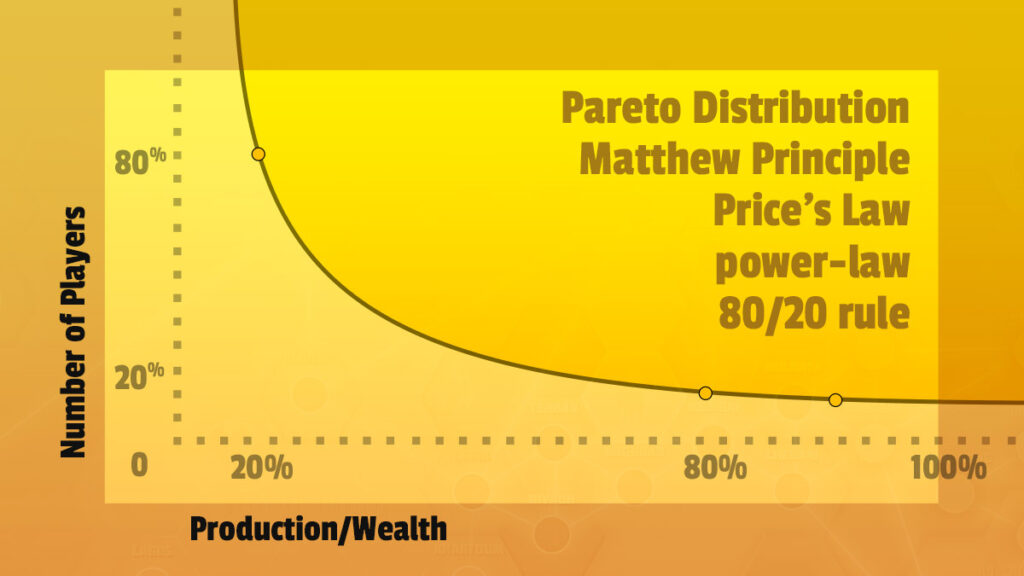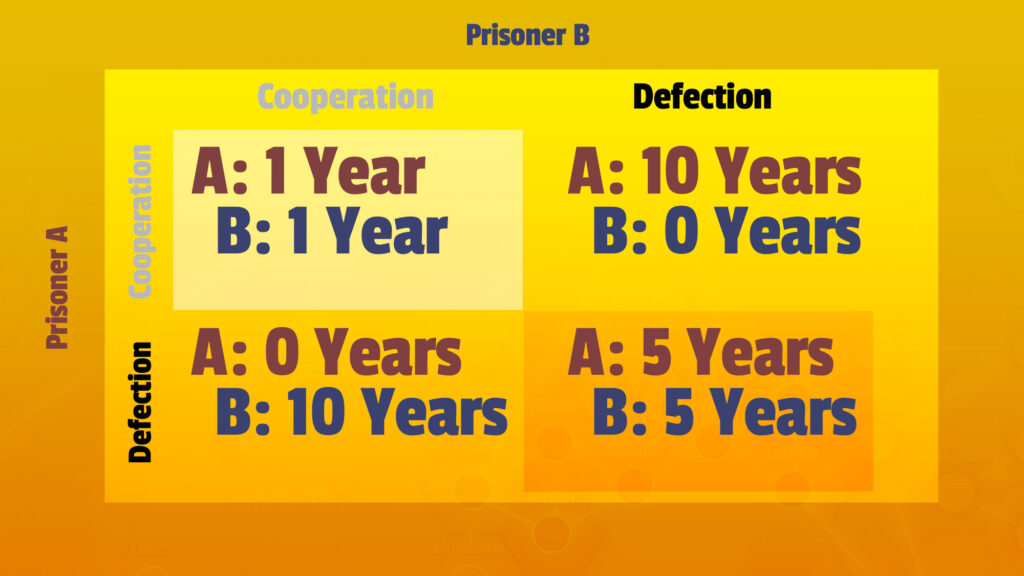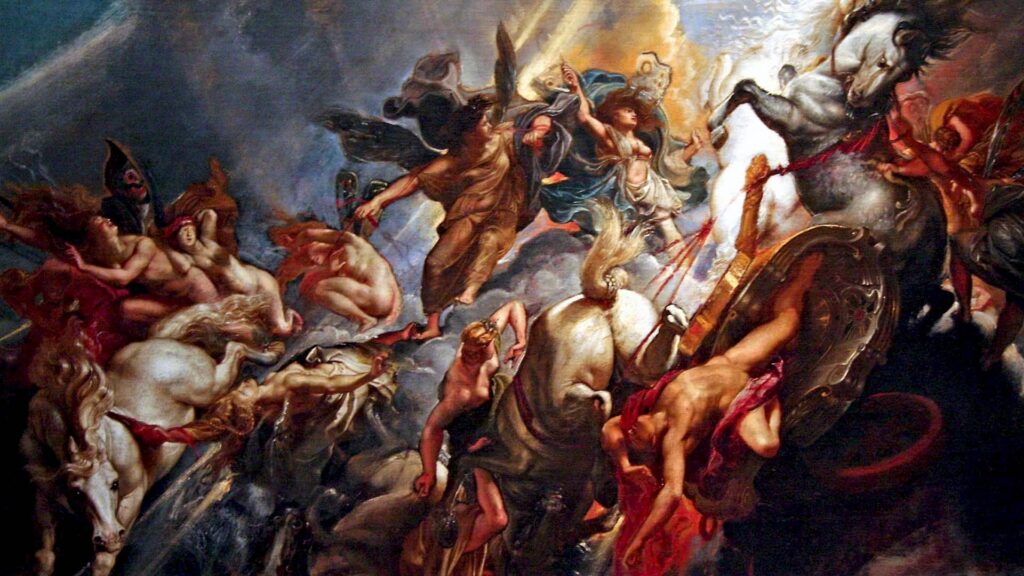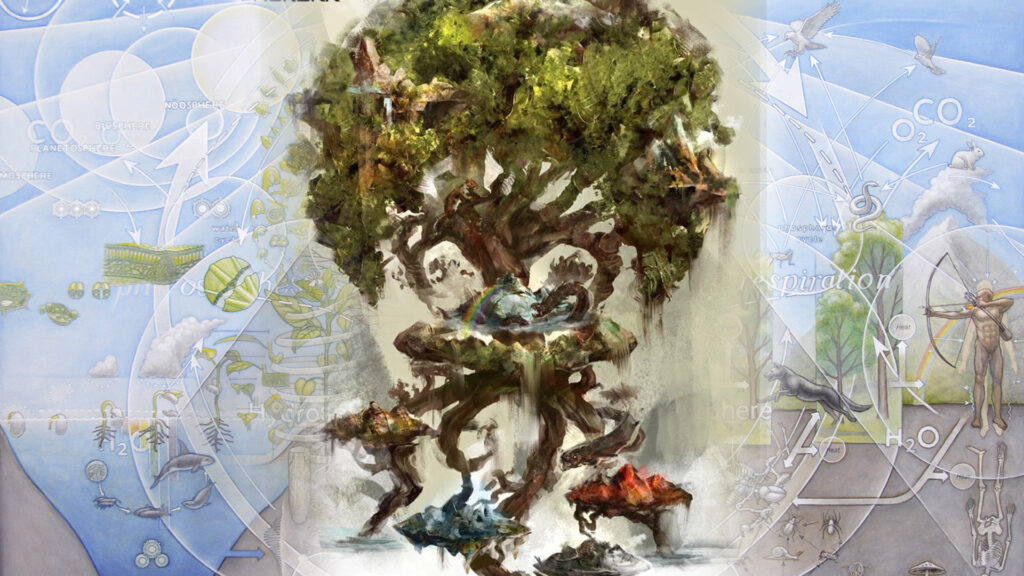Episode 11: Serenity of the Stoics
How should we define success? Many people define success by using very specific metrics concerning resources like time, money, or status. But in reality these are really just arbitrary vanity metrics, and achieving them will rarely be satisfying enough to relieve the pressure to attain more. We also have little to no control over these outcomes, so how can we define success by something we have more direct control over and take responsibility for?
